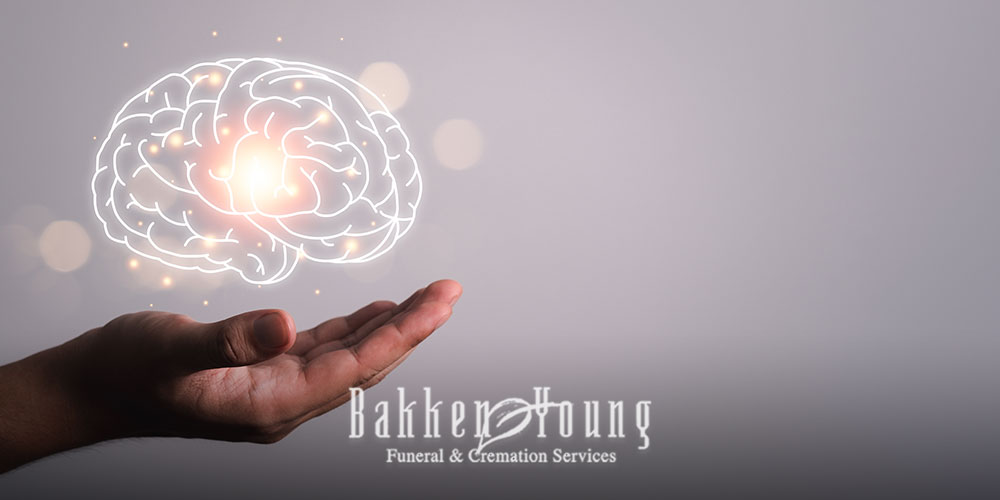by Chaplain Julia Rajtar, MAPS, BCC
Have you ever walked through your house in the middle of the night, because you wanted a glass of water? It’s pretty dark as you cautiously navigate the obstacles, aware of every doorway and piece of furniture, listening to the sounds around you while gingerly moving toward the kitchen. Our brains can send us through the house in the dark, because they know where things are. As you walk through the house, you walk through the dining room, expecting to nudge the edge of the dining room table, when all of a sudden, where you would feel it as you walked past, it’s not there; there is a space where it used to be. You turn on the light to see what’s going on.
Our brains do similarly when we are grieving…we have this Google map, as we do of our house; we also have one of our lives. Our brains are forever physically shaped by our loved ones. As we grieve, when we realize that the world is not as it should be, that “happening” in our brains describes the experience of grief that people have “in a room where they feel their loved one should be” at home, or waiting for them to come home from work or at the dining room table together for dinner. The brain persists in having this map of our loved ones for a very long time.
Research has shown, (The Grieving Brain) Mary Francis O’Connor, PhD, that neuro connections between synapses in our brain change when we love someone and they love us. When our loved one dies, they are always with us, physically, in our brain, when we call upon them, think of them, remember them, allowing us to reshape the ongoing life we will make for ourselves. While grieving, the brain continues to adapt to this absence, just as we do.
- When will this end, and why it takes so long to adapt to the death of a loved one?
- Have you ever said, “I feel crazy,” when you expect the deceased to walk through the door, but they don’t?
- Is there a difference between grief and grieving and what does it matter?
- Did you know grieving is a form of learning?
- Rumination…Avoidance… can prolong the process of updating the prediction(i.e. learning) that the deceased is no longer available. What does that mean for grieving?
Resources:
O’Connor, Mary-Francis, PhD, The Grieving Brain, Hospice Foundation of America, 12 September, 2023. Webinar.
If you are interested in more on this topic, join us for a Recorded Webinar on this topic and some discussion. Click here to learn more.


Add Comment